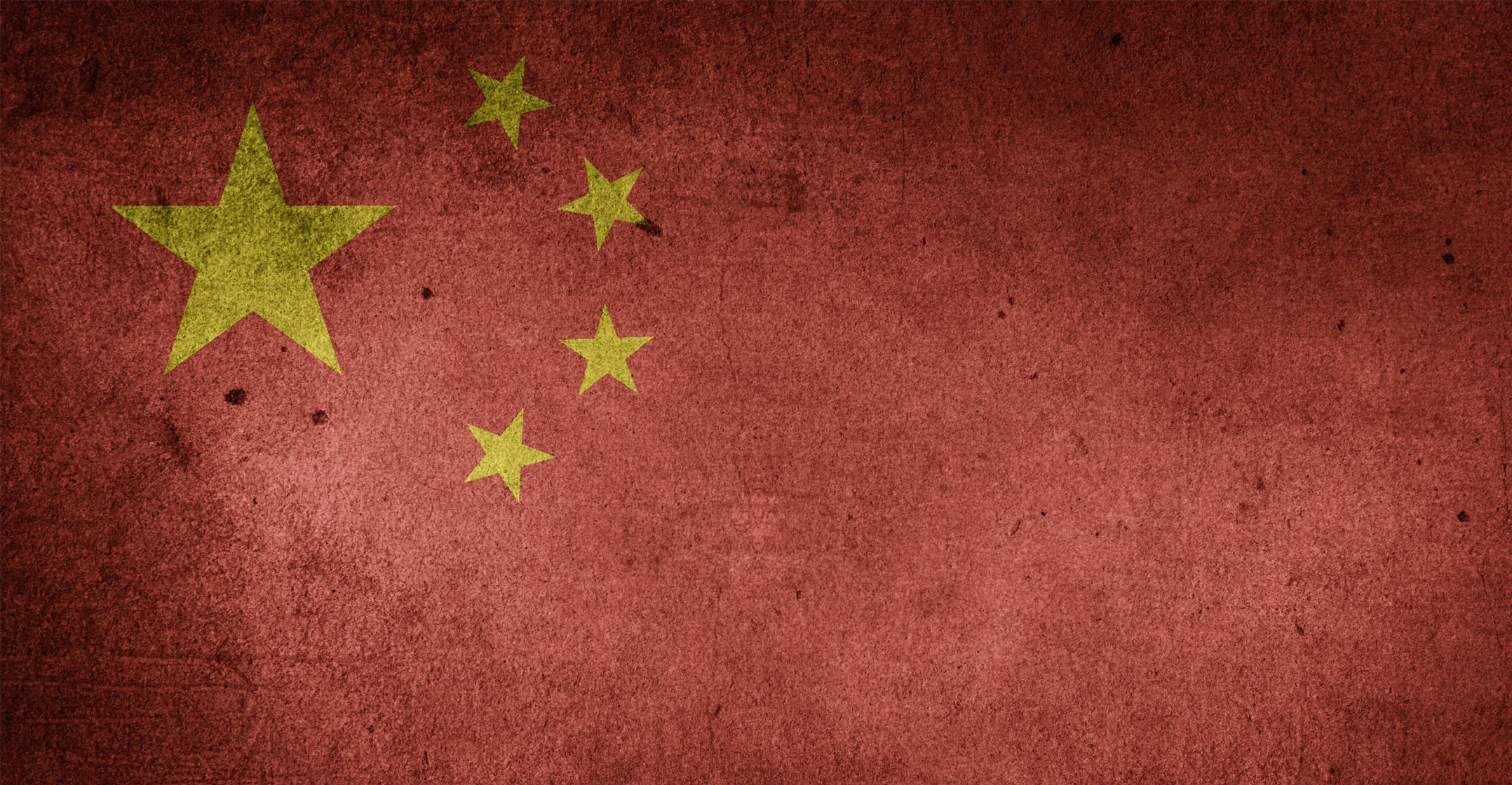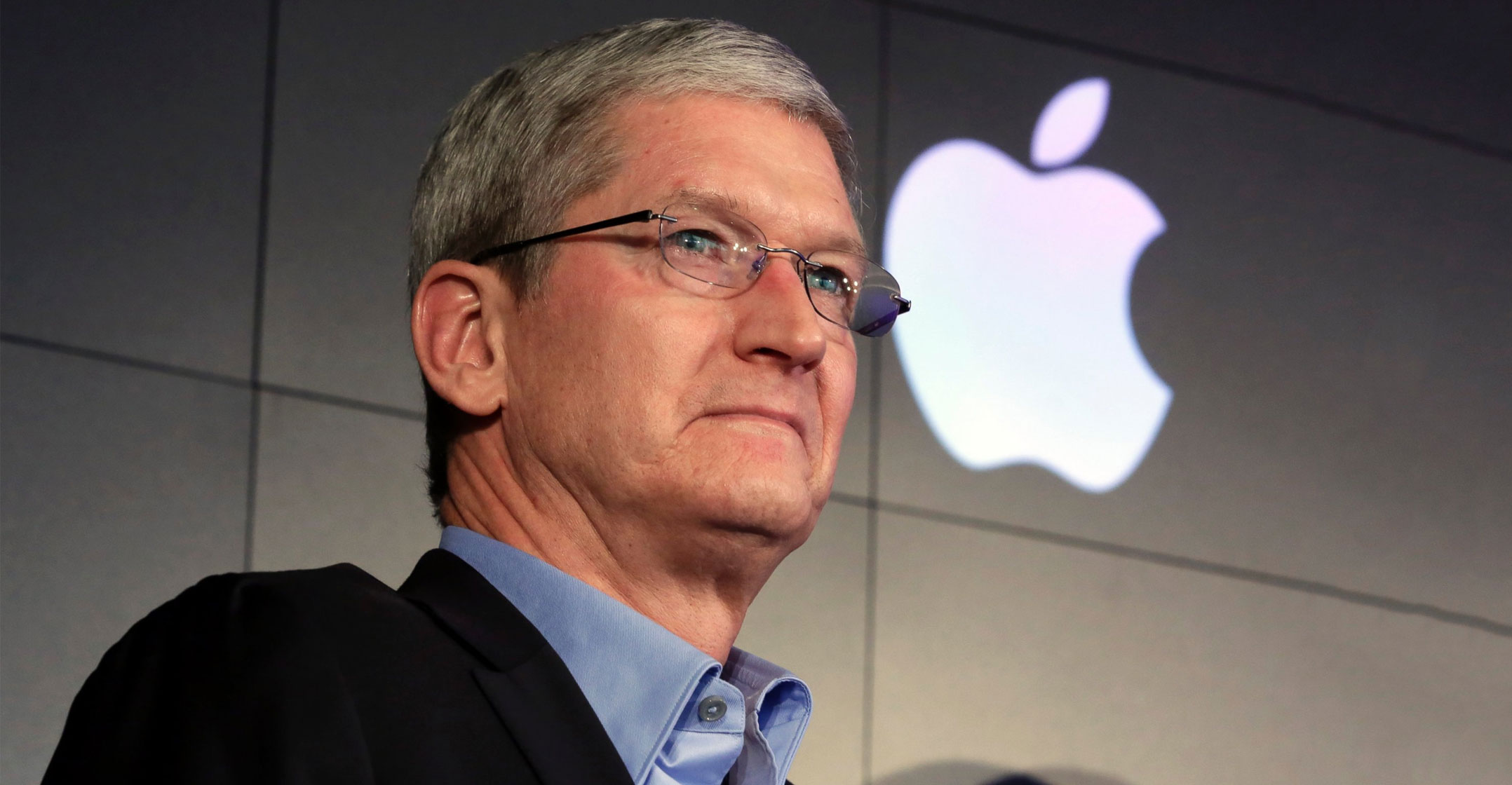 When it comes to many of Apple’s latest services, iPhone users in China are missing out. Podcast choices are paltry, Apple TV+ is off the air, news subscriptions are blocked and Arcade gaming is nowhere to be found.
When it comes to many of Apple’s latest services, iPhone users in China are missing out. Podcast choices are paltry, Apple TV+ is off the air, news subscriptions are blocked and Arcade gaming is nowhere to be found.
For years, Apple made huge inroads in the world’s most populous nation with hardware that boasted crisp displays, sleek lines and speedy processors. It peddled little of the content that boxed US Internet giants Google and Facebook out of the country. But now that Apple is becoming a major digital services provider, it’s struggling to avoid the fate of its rivals.
Apple services such as the App Store, digital books, news, video, podcasts and music, put the company in the more precarious position of information provider (or at least overseer), exposing it to a growing online crackdown by China’s authoritarian government.
“There’s a headwind around services there, and it’s unclear what services can be available,” said Gene Munster, a veteran Apple analyst and co-founder of Loup Ventures. “It points to an issue with China more broadly with how US companies can operate there, and it will likely remain a headwind on Apple services for a long time.”
While standard iPhone services like iMessage work in China, many paid offerings that help Apple generate recurring revenue from its devices aren’t available in the country. That includes four new services that Apple announced this year: TV+ video streaming, the Apple Card, Apple Arcade and the News+ subscription. Other well-known Apple services can’t be accessed in the country either, including the iTunes Store, iTunes Movie rentals, Apple Books and the Apple TV and Apple News apps.
Harder to grow
This is a concern for investors because Apple is relying on services to power future revenue and profit. If the company can’t sell these offerings in the world’s large Internet market, it will be harder to keep growing. About 10% of Apple’s services revenue comes from China, while the country accounts for roughly 18% of iPhone sales, according to Dan Ives, an analyst at Wedbush Securities. “The missing puzzle piece for services is China,” he added. An Apple spokesman declined to comment.
Older services, such as the App Store, Apple Pay and Apple Music are available in China. So is iCloud, but, unlike in other countries, it is operated by a local provider backed by the government, giving authorities greater access to Chinese user data.
Other Apple apps are in the country, too, but sometimes lack features offered in the rest of the world. When an iPhone owner in mainland China opens Apple’s Podcasts app, the experience is far more limited. Search results turn up a fraction of the podcasts available globally. And Categories, the easy way to find podcasts that fit users’ interests, are nowhere to be found.

Over the past year, Apple’s Weather app lost its ability to show air quality index, or AQI, data for Chinese cities — regardless of the user’s location. AQI is an important metric given high levels of pollution in many areas of the country. AQI support for China was announced at Apple’s developer conference in June 2016, and users started reporting that the feature stopped consistently showing data for China last year. Recent Bloomberg tests confirmed that the information isn’t available for Chinese cities such as Shanghai, while it continues to work for other supported regions, including the US, India and parts of Europe.
Air pollution is a sensitive issue for China’s government. It has made sweeping efforts to improve the situation but has also blocked some air-quality information online, including one episode in 2014 that was reported by the Washington Post.
AQI data for the Apple Weather app comes from the Weather Channel, a unit of IBM. Apple removed the information for Chinese cities after the Weather Channel changed how it collects the data in the country, according to a person familiar with the situation. The Weather Channel used to get AQI information on the ground in China, but now collects it via satellites, which are less accurate, said the person, who asked not to be identified discussing private deliberations. A spokeswoman for the Weather Channel didn’t respond to a request for comment.
Greater China became Apple’s second largest region in the 2015 fiscal year, generating US$59-billion in revenue. CEO Tim Cook visits frequently and the company employs about 10 000 people there directly. More than a million other workers assemble Apple products in the country for Foxconn and other Apple manufacturing partners.
China’s first major move to limit an Apple service happened in 2008, when the company’s iTunes Music Store was axed in the region. In 2016, iTunes Movies and iBooks, the former name of Apple Books, were blocked in China. This wasn’t so much of an issue when iPhones were selling well and revenue was surging.
But more recently, iPhone sales have slowed and the company switched some of its focus to services. This is a $46-billion/year business now, and Apple expects it to be a major source of future growth, topping $50-billion/year in 2020. So Apple has a lot more at stake as China continues to crack down on online activity.
Particularly affected
The App Store, Apple’s most lucrative services business, has been particularly affected in recent years. The company has been forced to remove several apps from the App Store in China, including the New York Times and Quartz news apps. The government’s media control and censorship is likely why Apple’s own News app, launched in 2015, is barred. The company’s News+ subscription service, rolled out this year, is not available on Apple devices purchased in China, and the app loses its functionality for users from other countries who travel there.
Apple has also pulled hundreds of VPN apps that helped users evade China’s Great Firewall and access banned Western Internet services such as Facebook, Google and Twitter. In the second half of last year, Apple removed 634 apps from its App Store due to take-down requests. More than 80% of those were in mainland China, according to Apple’s latest transparency report. Each app that disappears is a lost revenue opportunity. When iPhone and iPad users pay to download apps, Apple takes a 30% cut. And when consumers make in-app purchases or sign up for paid app subscriptions, the company takes a cut, too.
Last year, the Chinese government slowed down Apple’s ability to approve new videogames for the App Store, and this contributed to a sales decline in the region. Chief financial officer Luca Maestri said in January that the issue was “affecting our business”. Apple’s Arcade gaming subscription service would likely be hard to pull off in China given this tortured approval process.

On its fiscal fourth quarter call last week, Cook was more upbeat, saying Apple’s services business in China grew at a “double digit” rate. But his comments showed how much the company relies on China’s government for digital services like this. “We began to see more gaming approvals in the quarter, or I should say some key gaming approvals. It’s not all about quantity, but about which ones,” he added.
A few weeks earlier, one of Apple’s App Store decisions sparked a rare rebuke from the People’s Daily, a mouthpiece of China’s ruling Communist Party. Apple was excoriated by the newspaper for approving an app called HKmap.live that let users monitor Hong Kong police activity to stay safe in the midst of democracy protests in the city.
“People have reason to assume that Apple is mixing business with politics, and even illegal acts. Apple has to think about the consequences of its unwise and reckless decision,” the paper said. “Apple and other corporations should be able to discern right from wrong. They also need to know that only the prosperity of China and China’s Hong Kong will bring them a broader and more sustainable market.”
Soon after, Apple removed the app, saying it violated local laws and endangered law enforcement.
The paper also said the song “Glory to Hong Kong”, which has become a rallying cry for pro-democracy demonstrators, had reappeared on Apple Music. Soon after, the track was unavailable on Apple’s service, in addition to Spotify.
Even Apple’s new TV+ video service has felt the influence of China’s censorship. BuzzFeed recently reported that Apple told show creators to avoid portraying China in a poor light. The TV+ offering launched on 1 November in more than 100 countries, but not in China. Apple’s new credit card is only available in the US, but would also be a hard sell in China given the dominance of local payment providers like Alipay and WeChat.
Still, some analysts are optimistic about the longer-term outlook for Apple services in China. “At some point, it will be economic forces that drive access to Apple services, and that will be a major boon for Apple along with other companies that are currently restricted from access to China,” said Ivan Feinseth, chief investment officer at Tigress Financial Partners. “You can only hold back access to information for so long.”
Much potential
Apple’s App Store and other services have so much potential that the company can also keep growing with limited access to Chinese consumers, he added. “They have barely scratched the surface of penetration into their almost one billion iPhone installed user base globally, and even if you exclude China, there is still a tremendous market,” Feinseth said.
For a few years, Apple highlighted Chinese features when it announced major new versions of its iOS and macOS operating systems. At its 2012 annual conference for software developers, Craig Federighi, Apple’s software engineering chief, said, “It’s going to be important, get your apps ready for China,” during a presentation slide dedicated to new China features.
That year, iOS 6 added support for Baidu Web search and the micro-blogging service Sina Weibo, in addition to new text-input features. 2013’s iOS 7 came out with a Chinese-English dictionary, handwriting recognition and support for Tencent’s Weibo service. A year later, iOS 8 had turn-by-turn maps for China and the lunar calendar.
 Apple hasn’t promoted China features as much in recent years, but it is still adding some. iOS 10 in 2016 added the air-quality-index data that has now been removed. The following year, iOS 11 came out with QR code scanning. This year, Apple upgraded that QR feature, improved the handwriting keyboard and added a new Junction View feature to its Maps service for improved local lane guidance on complicated highways.
Apple hasn’t promoted China features as much in recent years, but it is still adding some. iOS 10 in 2016 added the air-quality-index data that has now been removed. The following year, iOS 11 came out with QR code scanning. This year, Apple upgraded that QR feature, improved the handwriting keyboard and added a new Junction View feature to its Maps service for improved local lane guidance on complicated highways.
To keep growing in China, Apple will either need to get more of its services up and running in the country or find its next hardware hit beyond the iPhone.
“The company still has an opportunity on hardware there, especially for future iPhone models, the AirPods, Apple Watches and other wearables,” Munster said. — Reported with assistance from Yuan Gao, (c) 2019 Bloomberg LP

